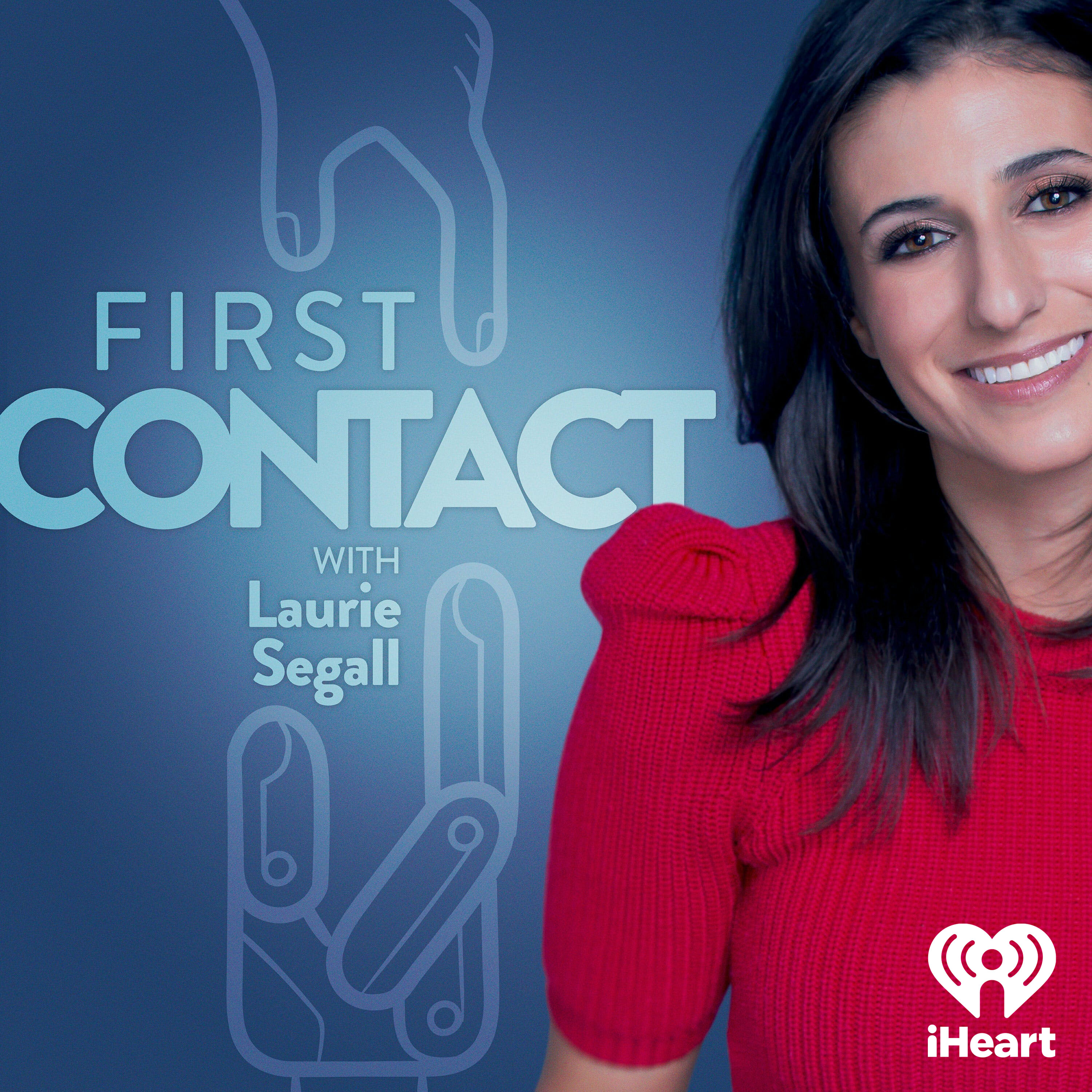
Hacking Your Brain to Order Dreams On Demand

First Contact with Laurie Segall
Deep Dive
Why is the brain increasingly considered hackable in the modern era?
The brain is increasingly seen as hackable because of advancements in neuroscience and technology that allow for manipulation of thoughts, memories, and behaviors. This includes techniques like changing memories during sleep and influencing decision-making through subtle cues.
What is the potential of brain implants to enhance human capabilities?
Brain implants could potentially enhance human capabilities by allowing direct access to vast amounts of information, improving decision-making, and even controlling external devices like exoskeletons. However, this technology also raises ethical concerns about creating a society with extreme inequality in intelligence and capabilities.
How could brain implants be weaponized for political manipulation?
Brain implants could be weaponized by allowing large-scale manipulation of thoughts and behaviors with just a button press. This could be used to influence voting patterns, create misinformation, or even change people's political beliefs on a massive scale, making traditional disinformation campaigns seem trivial by comparison.
What are the ethical concerns surrounding the use of brain implants?
The ethical concerns include the potential for creating a society with extreme inequality, where those with enhanced intelligence and capabilities are seen as a different species. There's also the risk of misuse by bad actors to manipulate thoughts and behaviors, leading to a loss of trust in one's own mind.
How close are we to being able to control dreams on demand?
We are close to being able to control dreams on a basic level, such as inducing positive or negative dreams with specific smells. However, more advanced control, like choosing specific dream content, is still in the engineering phase and could become a reality soon.
What is the role of smell in influencing human behavior and decision-making?
Smell plays a significant role in influencing human behavior and decision-making, particularly in dating and social interactions. Studies show that people unconsciously smell others' hands after a handshake, which can influence their attraction and preferences without them even realizing it.
What are the unintended consequences of technology meant to enhance the brain?
The unintended consequences include the potential for creating a society with extreme inequality, where those with enhanced capabilities are seen as a different species. There's also the risk of misuse by bad actors to manipulate thoughts and behaviors, leading to a loss of trust in one's own mind.
How can technology impact human relationships and social interactions?
Technology can negatively impact human relationships by reducing the time people spend interacting with each other in favor of screen time. This can lead to fewer meaningful relationships and a decline in social interaction, which is crucial for brain health and well-being.
What is the potential for AI to help people find romantic partners in the future?
AI could potentially help people find romantic partners by analyzing preferences and matching individuals based on factors like smell and biological compatibility, which humans are often unaware of. This could lead to more successful and meaningful relationships.
What is the biggest ethical question surrounding the use of technology in the brain?
The biggest ethical question is whether we should allow technology to enhance human capabilities, knowing that it could create extreme inequality and potentially be misused for manipulation and control. The decision to use such technology should be carefully considered to avoid negative consequences.
- Possibility of ordering custom dreams
- Hacking thoughts
- Brain's role in justifying bad behavior
- Hackability of the self
Shownotes Transcript
What if we could order up custom dreams? Could our thoughts become hackable? Will neurolink technology make some of us superhuman? And if so, would that create a superior species? Is death really the final step? Or could our brains answer vital questions once our bodies are gone?
These are topics we explore with Moran Cerf, a professor of neuroscience at the Kellogg School of Management. He’s a brain hacker. But really -- he’s a student of humanity. He likes to push the boundaries and challenge us to anticipate what’s coming next -- even the worst-case scenario. Moran goes beyond disinformation and manipulation in this era of tech. He focuses on the brain and your sense of self -- and how that sense of self is increasingly hackable in the modern era. Just talking to him feels like living in an experiment.
Spend enough time with Moran and you begin to question everything. And maybe that’s the point -- to not just question the big tech companies and the lines of code we see in front of us, but to question ourselves and our own thoughts.
In an era where the lines between true and false, and real and fake have blurred, First Contact explores how our own minds are our first line of defense for what’s coming next.
Learn more about your ad-choices at https://www.iheartpodcastnetwork.com) See omnystudio.com/listener) for privacy information.